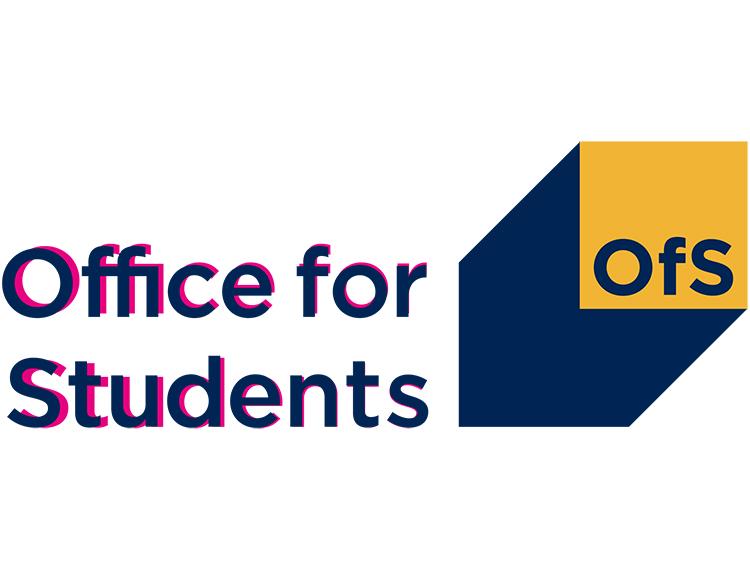Consultation on implementing savings to teaching grant budget

Today (17 Jan) the OfS has issued a consultation to seek views on how it should implement necessary savings in recurrent funding for academic years (August to July) 2019-20 and 2020-21.
This follows guidance received from the Secretary of State for Education which announced a reduction to recurrent teaching grant in financial year (April to March) 2020-21 of £58 million. The reduction affects the funding the OfS has available for distribution to higher education providers in both the 2019-20 and 2020-21 academic years.
Within the £58 million reduction in recurrent funding, there are areas where additional provision is needed – primarily to reflect increases in intakes to pre-registration medical degrees and courses in nursing, midwifery, and allied health professions. This brings the underlying cut to approximately £70 million (5 per cent) in cash terms. However, this sits alongside an increase in capital funding of £50 million.
In determining our approach to making savings, the OfS will consider its own strategic priorities and have regard to the Secretary of State’s guidance letter.
Approximately £26 million of the reduction in recurrent funding is attributable to the four month period, from April to July 2020, that falls within the 2019-20 academic year. The OfS has already allocated the large majority of funding for academic year 2019-20 and proposes to avoid as far as possible having to reduce grants already announced. Instead, the OfS plans to secure the savings required in 2019-20 from as yet unallocated funds and by deferring some activities into academic year 2020-21.
We propose to implement savings for academic year 2020-21 across broadly all elements of OfS recurrent grants to providers. However, we propose not to make a cash reduction to the targeted allocation for specialist institutions – this allocation is a relatively small proportion (3 per cent) of our total recurrent grant, but evidence shows that those in receipt are heavily reliant on it. In addition, reductions to budgets for high-cost subject funding will be less than for other budgets, to take account of additional student numbers in medicine and health disciplines.
In summary, our proposed approach to achieving the savings of around £70 million in academic year 2020-21 is therefore:
- To reduce funding for national facilities and regulatory initiatives as far as possible, including reducing challenge competition funding. Expected saving: £15 million to £20 million.
- To maintain funding already committed for the final year of the National Collaborative Outreach Programme (NCOP) at existing levels, but to recover funding from partnerships if they underspend. Expected saving: £0.
- To make additional budget provision within recurrent funding for providers in a small number of high-cost and high-priority areas – to reflect additional students on pre-registration courses in medicine, nursing, midwifery and allied health professions. Expected cost: £9 million to £12 million.
- To maintain the current level of funding for the specialist institution targeted allocation. Expected saving: £0.
- To make all other elements of recurrent grant for providers subject to a broadly uniform reduction, which we expect to be around 6 per cent. In practice, we expect the overall reduction to the high-cost subject funding budget to be around 3 per cent, because of provision we will make for the additional student numbers in medicine and health disciplines. Expected saving: £59 million to £67 million.
The OfS invites responses to the consultation by Monday 17 February 2020. For further information and details of how to respond, please see the full consultation document.











Responses